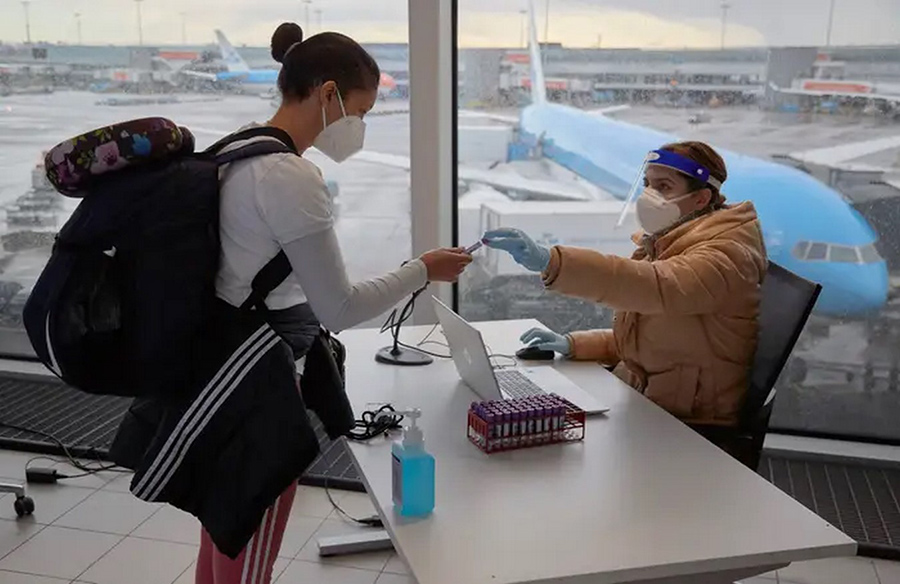
Amidst the ongoing COVID-19 pandemic, the emergence of the Omicron variant has sparked concerns worldwide. Health officials in the United States and Europe have been closely monitoring the symptoms associated with Omicron infections, shedding light on its potential impact on public health.
CDC Insights and Analysis
Recent data shared by the Centers for Disease Control and Prevention (CDC) provides valuable insights into the symptoms observed among the first 43 confirmed Omicron cases in the US. Cough, fatigue, congestion, and a runny nose were among the most commonly reported symptoms, indicating a pattern of mild illness associated with this variant.
While the majority of cases were mild, including only one hospitalization, it’s noteworthy that vaccinated individuals, including those who received booster doses, were among those affected. This raises questions about the efficacy of current vaccines against mild Omicron infections and underscores the importance of ongoing research and vigilance in combating the spread of the virus.

European Perspectives and Trends
Across the Atlantic, Europe has also reported cases of Omicron, albeit with milder symptoms. The European Centre for Disease Prevention and Control highlighted that all identified Omicron cases were either asymptomatic or mild, with no reported deaths attributed to the variant.
In the United Kingdom, the Zoe COVID-19 symptom tracker revealed a trend of mild infections among vaccinated and boosted adults with Omicron. While Delta remains the dominant strain, indications of Omicron’s presence and spread are becoming evident, necessitating proactive measures to contain its transmission.
Scientific Insights and Considerations
Amidst the evolving understanding of Omicron, scientists are cautious about drawing premature conclusions regarding its severity. While some speculate that Omicron may cause less severe disease, others attribute milder symptoms to pre-existing immunity among the population.
Younger individuals, who constitute a significant portion of Omicron cases, tend to exhibit milder symptoms and lower rates of hospitalization. However, experts warn against underestimating Omicron’s potential impact, especially considering its heightened transmissibility compared to other variants.

Public Health Response and Recommendations
As Omicron continues to spread, there are growing concerns about its potential to overwhelm healthcare systems. The CDC emphasizes the importance of vaccination, booster doses, mask-wearing, improved ventilation, testing, and isolation measures to curb the spread of the variant.
Furthermore, the urgency of booster doses for high-risk individuals, including residents of nursing homes and long-term care facilities, is underscored as a critical component of public health strategy. While the situation remains dynamic, adherence to established preventive measures remains paramount in mitigating the impact of Omicron on global health outcomes.












Leave a Reply